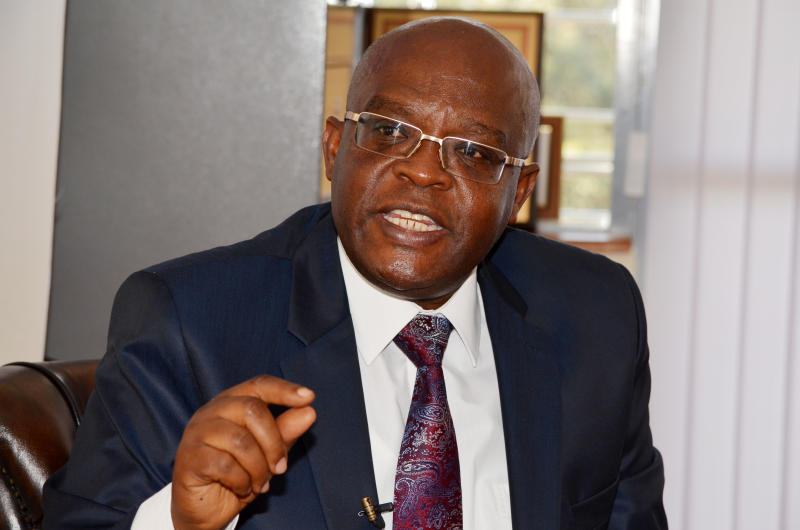×
The Standard e-Paper
Fearless, Trusted News

Panic has gripped local colleges offering medical courses following a planned inspection by a joint team of regulators drawn from the East Africa Community (EAC) member states.
Those that fail to comply with new standards set by EAC team risk closure among other drastic measures.